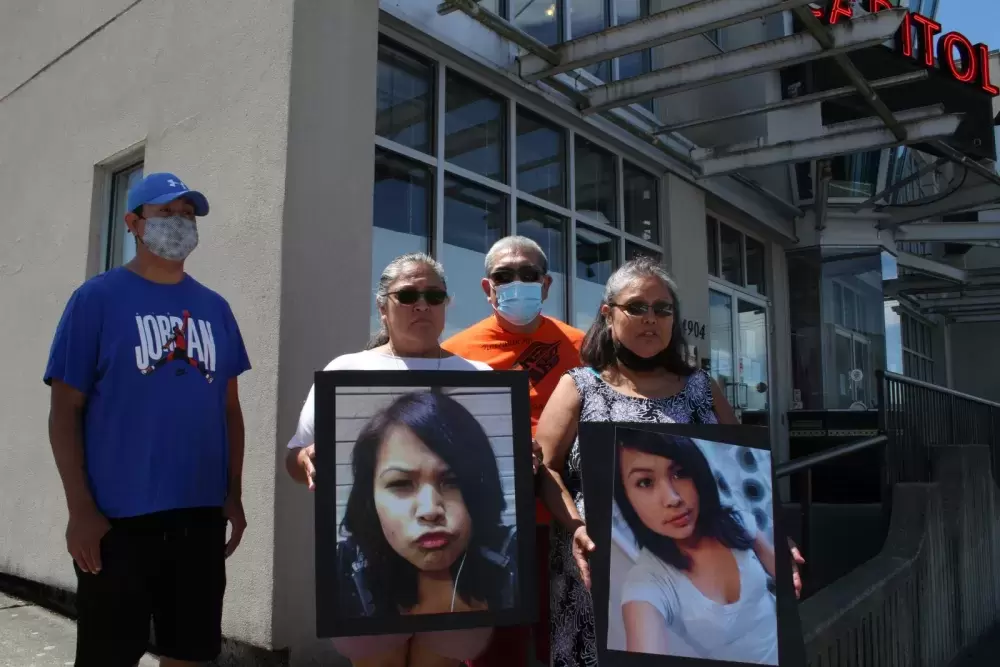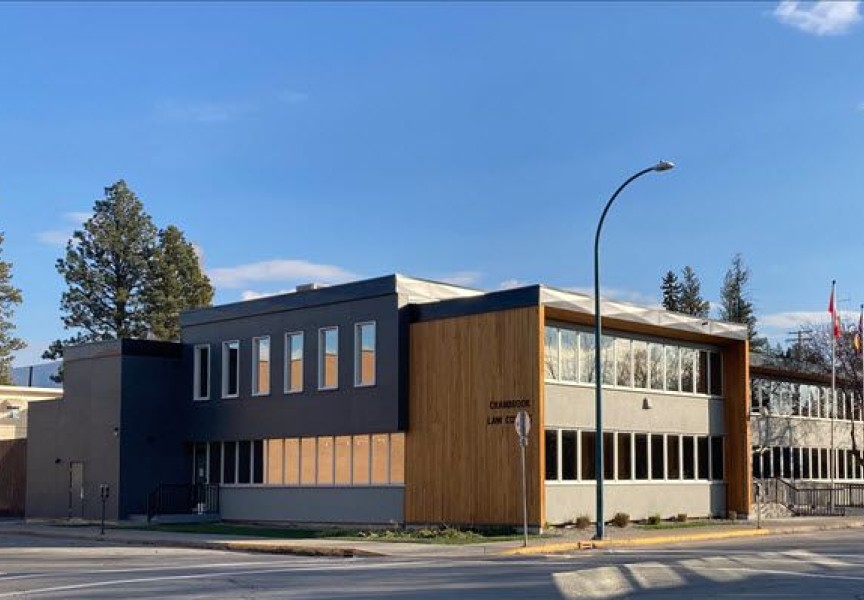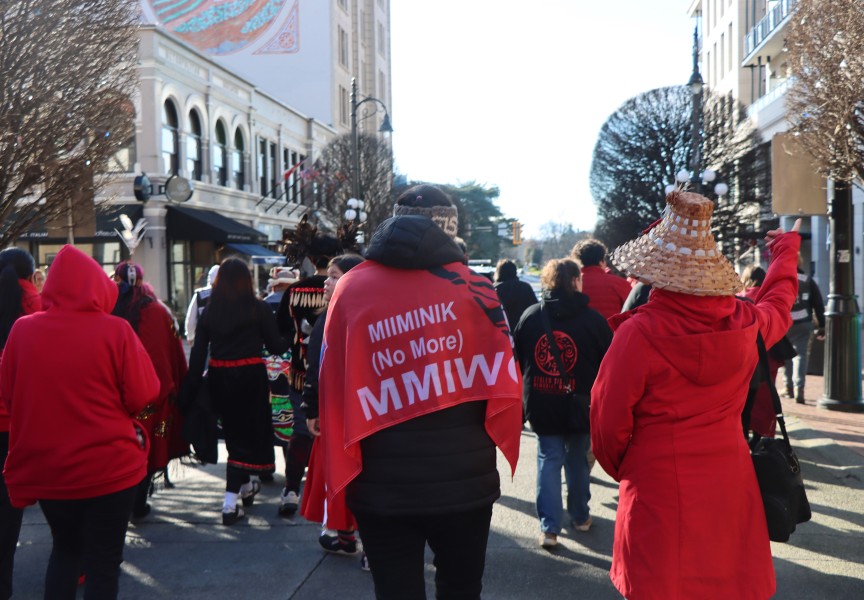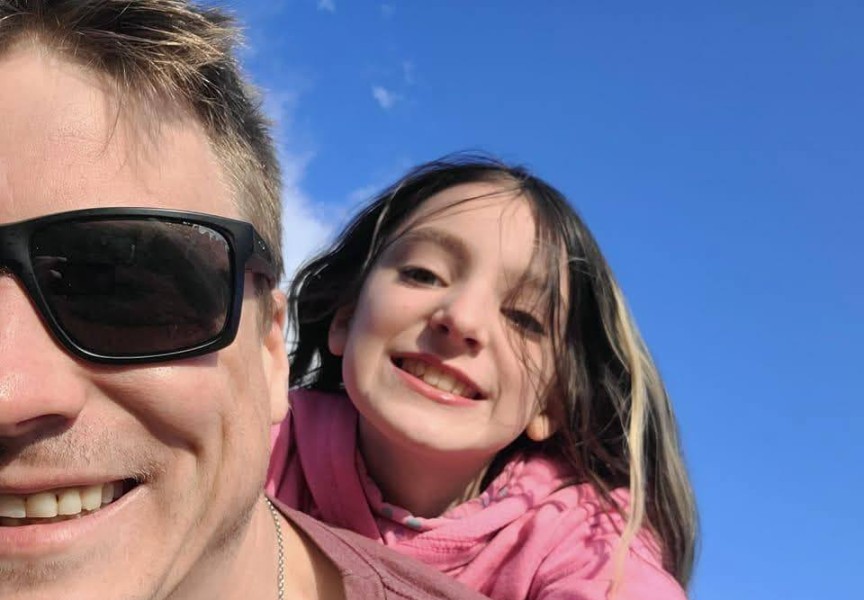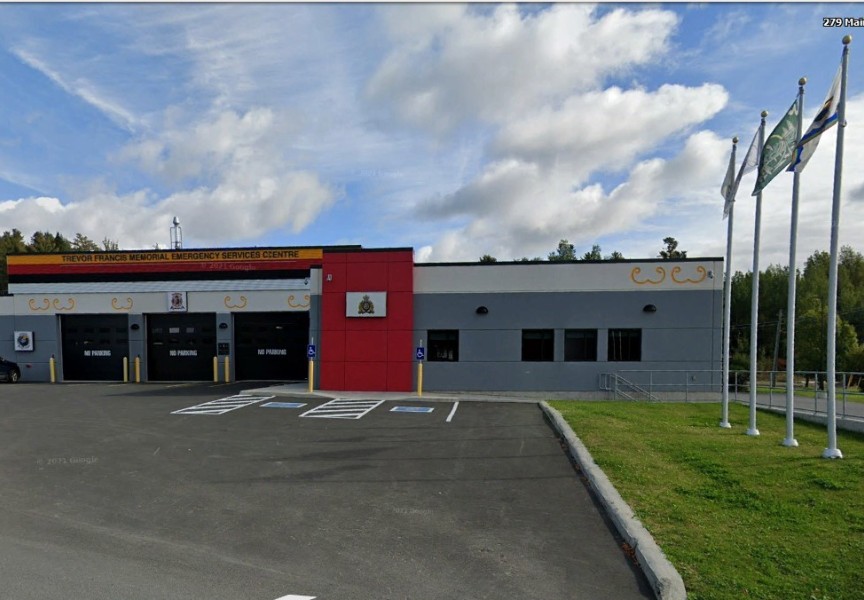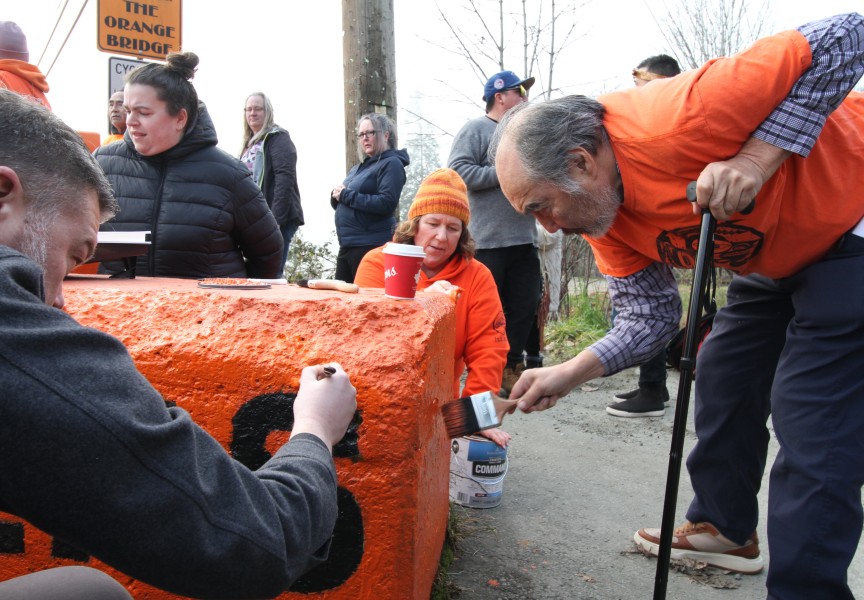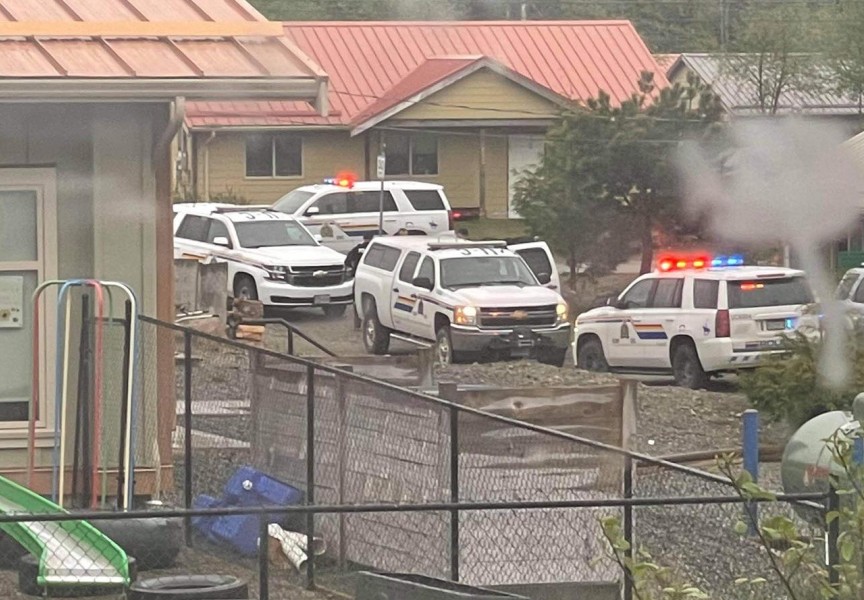Work is continuing to improve First Nations’ access to support in the legal system, a gap identified in the aftermath of the 2016 death of a Port Alberni woman after a night in a jail cell.
A memorandum of understanding (MOU) was recently signed between the British Columbia First Nations Justice Council (BCFNJC), the province and the federal government to support the implementation of the BC First Nations Justice Strategy.
The MOU marks a commitment from the federal and provincial governments to advance Indigenous justice by addressing the overrepresentation of Indigenous peoples within the justice system.
“An ever-growing disproportionate number of Indigenous people are in our jails, with the fastest growing population behind bars being Indigenous girls,” said Attorney General of British Columbia David Eby. “We need to be doing things differently to address this profound crisis and disturbingly enduring provincial and national trend.”
According to the Department of Justice, the overrepresentation is attributed to a variety of factors resulting from colonization, socio-economic marginalization, and systemic discrimination.
Guided by the principles outlined in the United Nations Declaration on the Rights of Indigenous Peoples, an integrative, holistic and comprehensive approach will be used to enhance Indigenous peoples’ interactions with the justice system.
The announcement included a pledge from the federal government to invest $8.9 million over five years to the BCFNJC as it expands the number of Indigenous Justice Centres (IJC) across British Columbia.
These moves respond to the Truth and Reconciliation Commission’s Calls to Action 30 and 38, and the National Inquiry into Missing and Murdered Indigenous Women and Girls’ Call for Justice 5.15.
Created in consultation with First Nations communities across the province, the First Nations Justice Strategy was signed in March 2020 as a collaboration between the BCFNJC and the province.
A key goal under the strategy was to improve supports for Indigenous peoples by creating Indigenous Justice Centres.
“These centres provide culturally appropriate legal information, advice, support and representation directly to Indigenous peoples at the community level,” the Department of Justice said in a release.
A 2019 report from the department stated that incarceration numbers for Indigenous peoples are “worsening year-by-year.”
Despite Indigenous peoples only representing 4.1 per cent of the total Canadian population, the report said Indigenous peoples made up 28 per cent of the total inmate population in 2017 and 2018.
On Jan. 26, the grand opening of the first four Indigenous Justice Centres was celebrated through a virtual event that drew nearly 600 watchers. Along with a virtual justice centre, three physical locations have been established in Merritt, Prince George and Prince Rupert.
The centres assist with criminal and child protection matters and are “on the frontline of justice reform,” said Doug White, BCFNJC chair.
“For Indigenous clients, the legal advice and representation they receive can be life-changing,” he added.
One of the recommendations from the Coroner's Inquest into the death of Jocelyn George advocated for a “justice centre in Nuu-chah-nulth territory to address the over-representation of First Nations people in custody.”
George was only 18 years old when she died of heart failure after spending a night in custody at the Port Alberni RCMP detachment in the summer of 2016.
The BCFNJC hopes that the speed at which Indigenous peoples can access legal counsel will bridge barriers, change outcomes and prevent incarceration.
Rather than going through the formal court system, mediation and restorative justice methods will be championed, if appropriate.
Locations for an additional 12 centres have not yet been disclosed, but the BCFNJC anticipates adding three new centres every year.
Renzo Caron, BCFNJC Indigenous Justice Centres provincial director, said that there is a “strong, strong emphasis” to place one of the new justice centres on Vancouver Island.
“I think it’s somewhat of a necessity,” he said. “[Vancouver Island] is being given the most serious attention as far as our next IJC.”
Considering the geographic vastness of the province, Caron said the distribution of the justice centres will be “as fair as possible,” while servicing the areas that are most in need.
“Indigenous Justice Centres give individuals and communities the opportunity to have better outcomes by diverting them towards the services they need to address their specific challenges,” said Minister of Justice and Attorney General of Canada David Lametti. "This type of approach is exactly what is needed to address the longstanding systemic challenges faced by Indigenous peoples in Canada.”

